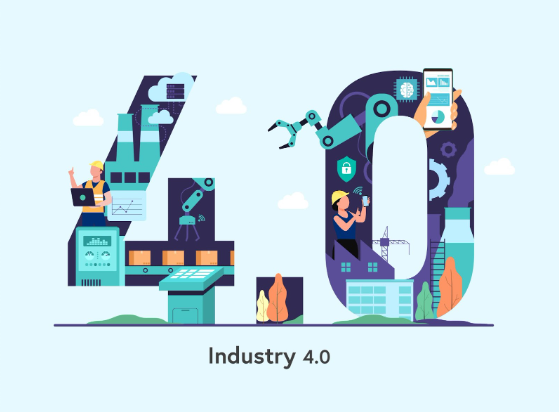

Virtual assistants and chatbots offer efficient and personalized customer experiences by anticipating problems and providing solutions. Intelligence applied to customer experience enhances satisfaction and provides insights into business and consumer behavior. Intelligent, empathetic, and personalized experiences are key to satisfying demanding and informed consumers.

The combination of applied intelligence and Customer Data Platforms (CDPs) represents a powerful synergy in the marketing realm. CDPs unify data from various sources to offer a comprehensive view of each customer, solving the problem of information silos. By combining CDPs with artificial intelligence (AI) and machine learning (ML), even greater benefits can be achieved, such as the ability to predict behaviors and offer personalized experiences. However, data security and privacy must be considered, and this strategy requires continuous evolution to maintain its effectiveness.

Industrial Revolutions have transformed society and economy throughout history. The Fourth Industrial Revolution is characterized by the use of data and artificial intelligence, with a high level of information exchange. Companies must migrate to a data-centric relationship model, organizing and understanding information to meet customer needs and optimize information flows. Before digitalizing, it is necessary to organize the data.

Spanish SMEs, especially in the industrial sector, have low digitalization penetration and need to invest in technology and change their culture to maintain competitiveness. The Digitalization Boost Plan for SMEs 2021-2025 and European Union funds for digital transformation aim to encourage the adoption of new technologies. SMEs often have a distant perception of Industry 4.0 and make mistakes by thinking it only involves having a website and storing data in the cloud. To unlock the true potential of Industry 4.0, SMEs need a comprehensive combination of technologies and a holistic vision, supported by technology partners and data experts.

Data science strategies are increasingly used by Spanish companies, positively impacting organizational performance and higher levels of resilience. It is crucial for companies to own their data and ensure its quality, and to adopt a data-driven approach for making strategic decisions based on data analysis and interpretation. Managing one’s own data provides flexibility and capacity to address current and future business needs, but requires a data governance policy and appropriate attention to data integration, quality, and management.

Loyalty programs are strategies used by companies to maintain and increase their customer base by offering promotions and rewards. Personalizing these programs is key to enhancing customer engagement and generating higher revenue. Loyalty programs aim to retain customers, better understand them, and gain greater benefits by offering competitive advantages, reducing loyalty costs, generating referrals, and enabling more effective campaigns. There are different types of loyalty programs, such as point-based, multi-brand, and tiered reward programs.
Subscribe to our periodic Technology News digest.

©2023 Zentricx – All Rights Managed.